| Select Package | Comprehensive Assured Pacakge, Training with Examination, Training with LMS |
|---|
Overview
Microsoft Azure is a widely used cloud platform that provides a number of goods and services. Azure provides subscription-based infrastructure, platform, and services that help businesses increase their visibility, efficiency, and profitability. Azure provides a scalable, reliable, and highly available platform for creating and implementing business solutions, all while maintaining strict security measures for data protection. With its ability to host, control, and manage applications with access from anywhere at any time, Azure has emerged as the leading cloud platform among others. This certification course on Azure Fundamentals provides a thorough overview of the various Microsoft Azure components.
Why Microsoft Azure Solutions?
The Microsoft Azure Fundamental training and certification course delivers across the board understanding of:
- The architectural components of Azure
- Core cloud services offered by Azure including SaaS, PaaS, and IaaS
- Various cloud models- Public, Private and Hybrid
- Azure cloud products and services available
- Security standards, compliance, governance, and trust
- Subscription models in Azure and support
What is the main objective of this Microsoft Azure Fundamentals training?
The main objectives of learning this course are as follows:
- Understanding various cloud concepts
- Learning about the core services of Azure
- Mastering the concepts of privacy, trust, security, and compliance
- Understanding the pricing and support of Azure
Who should sign up for Microsoft Azure Fundamentals certification course?
The following professionals must take this training course:
- IT professionals who wish to build a career in Azure
- Students who are interested in preparing for Microsoft’s AZ-900 examination
- Candidates who have negligible technical knowledge but want to learn about Microsoft Azure
Our Package
- What is cloud computing?
- Cloud computing benefits
- Terminologies and key concepts
- Economies of scale
- OpEx vs CapEx
- Cloud models: Public, private, and hybrid cloud
- Characteristics of cloud models
- IaaS, SaaS, and PaaS
- Use cases of IaaS, SaaS, and PaaS
- Shared responsibility model of cloud models
- Azure regions
- Region pairs
- Region-wise feature availability
- Availability zones and sets
- Resource groups
- Azure resource manager
- Azure products and core services
- Azure compute
- Azure virtual machines (VMs)
- Containers and virtual networks (VNets)
- VPN gateway and Azure load balancer
- Azure application gateway
- Content delivery networks (CDNs) of Azure
- Working of CDNs
- Storage services of Azure
- Structured, unstructured, and semi-structured data
- Types of Azure storage accounts
- Azure storage account: Blob
- Database services of Azure
- Azure marketplace and Azure SQL
- Internet of things (IoT)
- IoT hub
- Azure big data and SQL data warehouse
- Azure analytics and data lake analytics
- Azure HDInsights
- Machine learning
- Services and studio of Azure machine learning
- Server-less computing
- DevOps concepts
- Management tools of Azure
- Developing resources: Using Powershell, Azure CLI, and Cloud Shell
- Deployment using JSON
- Azure advisor
- Azure firewall
- Azure DDOS
- Groups of network security
- Groups of application security
- AuthN and AuthZ
- Active directory of Azure
- Multi-factor authentication
- Security center and key vault of Azure
- Azure information and advanced threat protection
- Azure policy
- Role-based access control (RBAC) of Azure
- Azure locks and blueprints
- Governance of subscription
- Azure tags and monitoring
- Azure service health
- Terms and requirements of compliance
- Privacy statement and trust center of Microsoft
- Service trust portal
- Azure subscriptions
- Management groups
- Available options for purchasing Azure products and services
- Usage of metrics
- Costing factors
- Zones for billing concepts
- Pricing calculator of Azure
- Azure’s total cost of ownership (TCO)
- Cost minimization techniques in Azure
- Azure support plans and cost management
- Service level agreements (SLAs)
- Composite SLAs
- Making improvements in application SLAs
- Offering feedback and general availability
- Announcements, updates, and roadmaps of Azure
Upcoming Batch
April 20th (Weekends)
FRI & SAT (4 Weeks)
08:30 PM to 01:00 AM (CDT)
April 18th (Weekdays)
MON – FRI (18 Days)
10:00 AM to 12:00 PM (CDT)
Microsoft Azure Fundamentals FAQs
The Microsoft Azure certification recognizes one’s basic knowledge of cloud services and methods of providing essential services with the cloud. To obtain this certification, one must demonstrate a profound understanding of cloud concepts, along with services offered by Azure, security, workloads, pricing, privacy, and support.
It is not mandatory to learn coding skills for Azure. Even without writing any code, you can use Azure to manage a wide range of cloud services. Nevertheless, if you have a fundamental knowledge of scripting languages, it can help automate tasks. If you want to build cloud applications on Azure, then you must master a programming language like Java, Python, C#, etc.
Azure 900 is among the most popular and in-demand certification programs today. In this training, you will cover all the necessary Azure concepts and get experience in each of them to become a professional in Azure.
You can start by signing up for Eduprime’s AZ-900 training. This will help you cover everything you need to know in-depth to crack the Microsoft AZ-900 certification exam. Additionally, Eduprime’s will ensure that you gain sufficient practical experience through projects and assignments.
You will need to score 700 out of 1000 to pass the AZ-900 exam.
- System Administrators
- Network Administrators
- Developers
- Administrator, Developer and system Architects
- It will validate that you have the foundational knowledge you need as your start on your learning journey to become an Azure Administrator, Developer, Architect, or DevOps Engineer, and it can be used as a starting point for those of you interested in Data and AI job roles.
- Colleage Students
- This is the first Basic course if you wanted to learn Microsoft Azure Cloud
- Non-technical backgrounds who are interested in learning about the cloud
- Students with technical backgrounds who are interested in getting more advanced certs and job rols like Data and AI and Azure Admin,Cloud Admin
You can expect 40-60 questions in the AZ-900 certification exam, which will include short-answer questions, multiple-choice questions, questions with the mark for review option, case studies, drag and drop, etc. There is no penalty or negative marking for incorrect answers. The result is announced immediately after the completion of the exam.
Here are some of the top reasons why you should learn Azure:
- Azure is one of the leading cloud platforms with hundreds of products and services.
- As companies are switching to cloud, they require skilled Azure professionals.
- Nearly 95% of Fortune 500 companies use Azure, so there is a higher chance of getting employment opportunities in global companies if you learn Azure.
- There are flexible career options if you learn Azure. You can easily jump into different career roles, such as Cloud Developer, Solutions Architect, DevOps Engineer, etc.
- There are plenty of free features and services in Azure that can benefit individual developers.
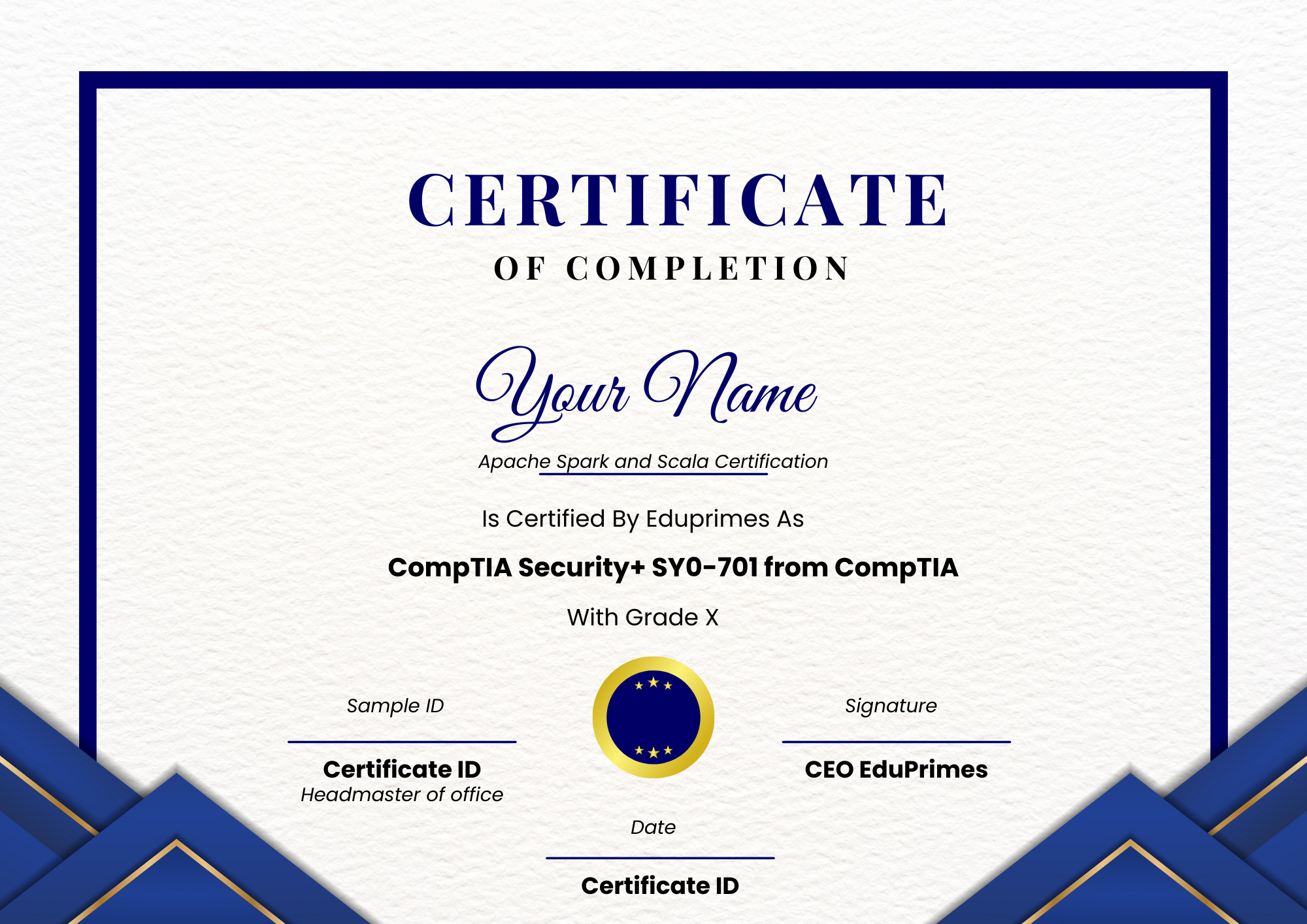

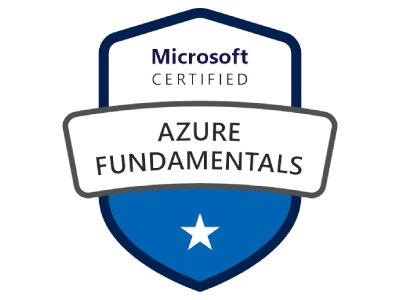
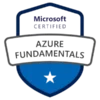
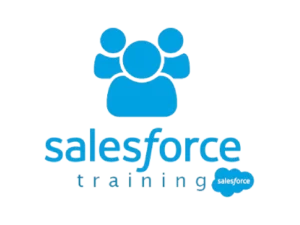
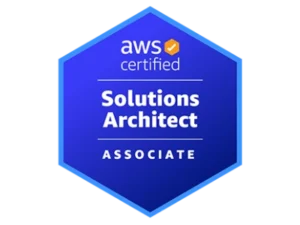
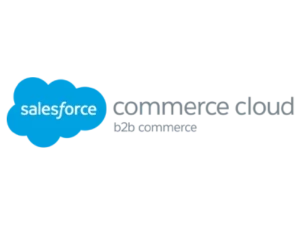


Reviews
There are no reviews yet.